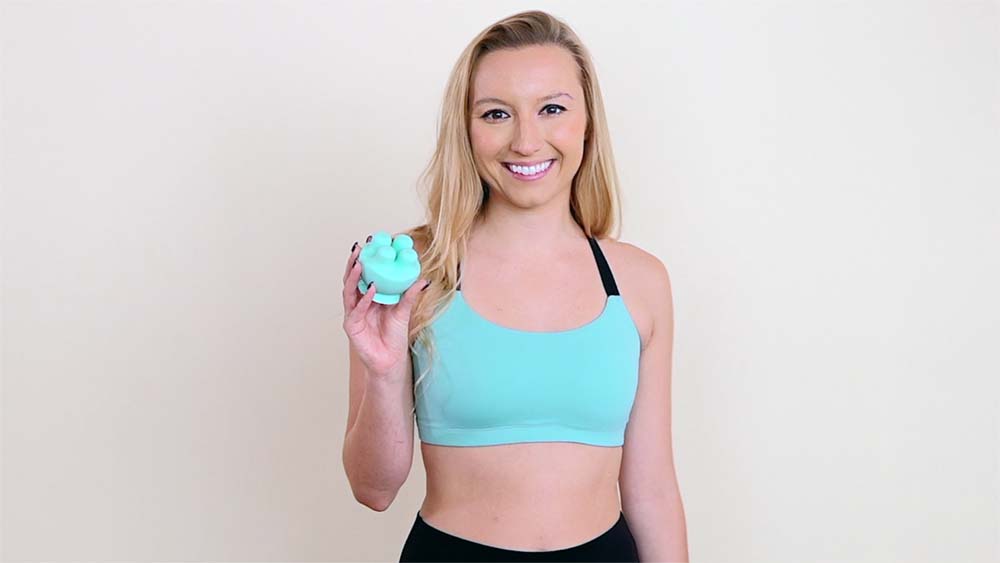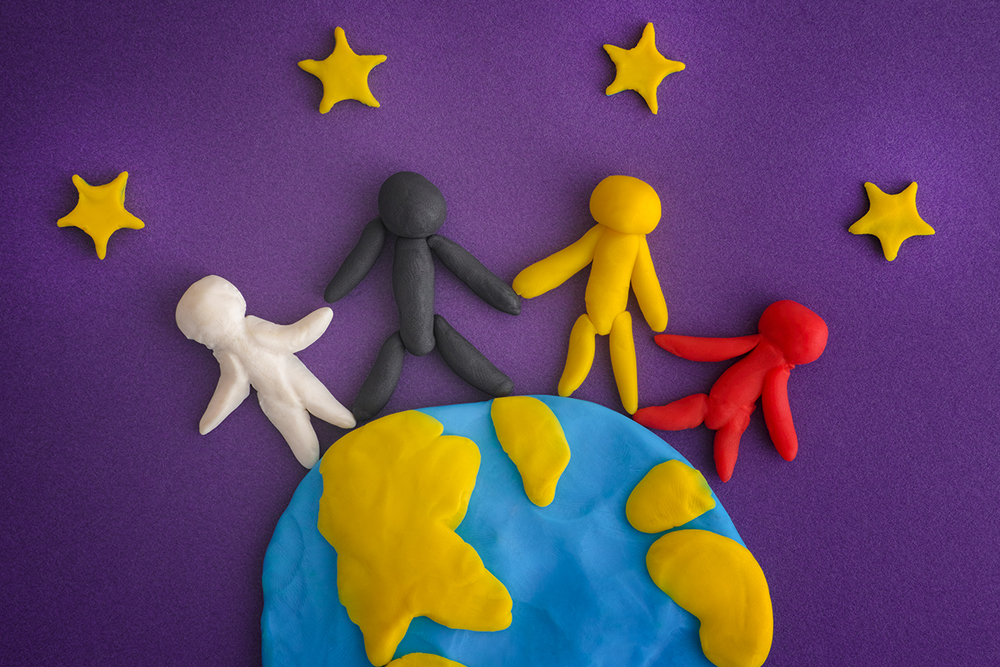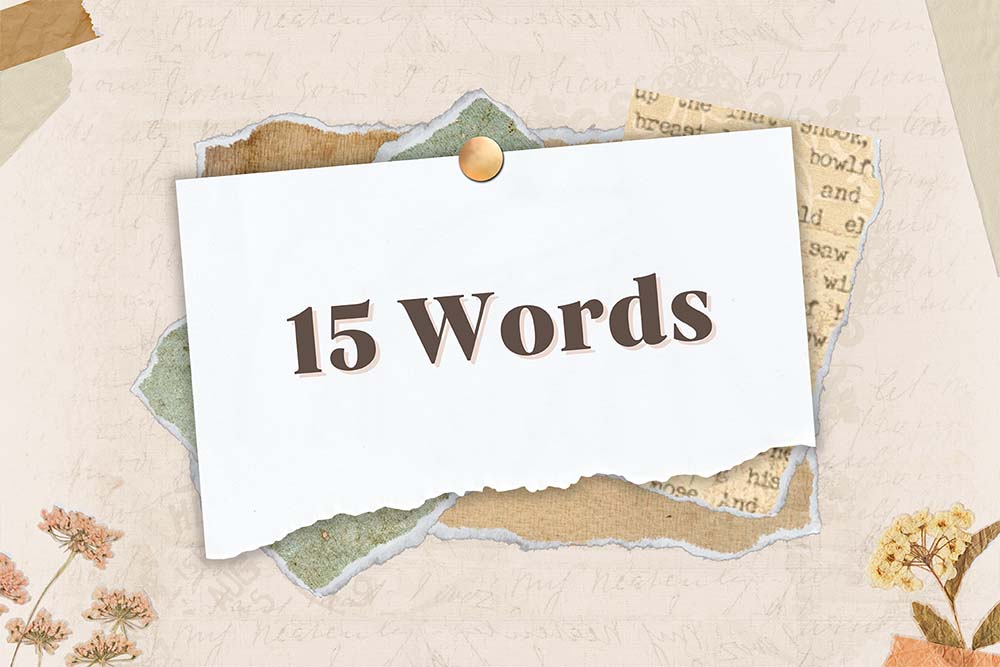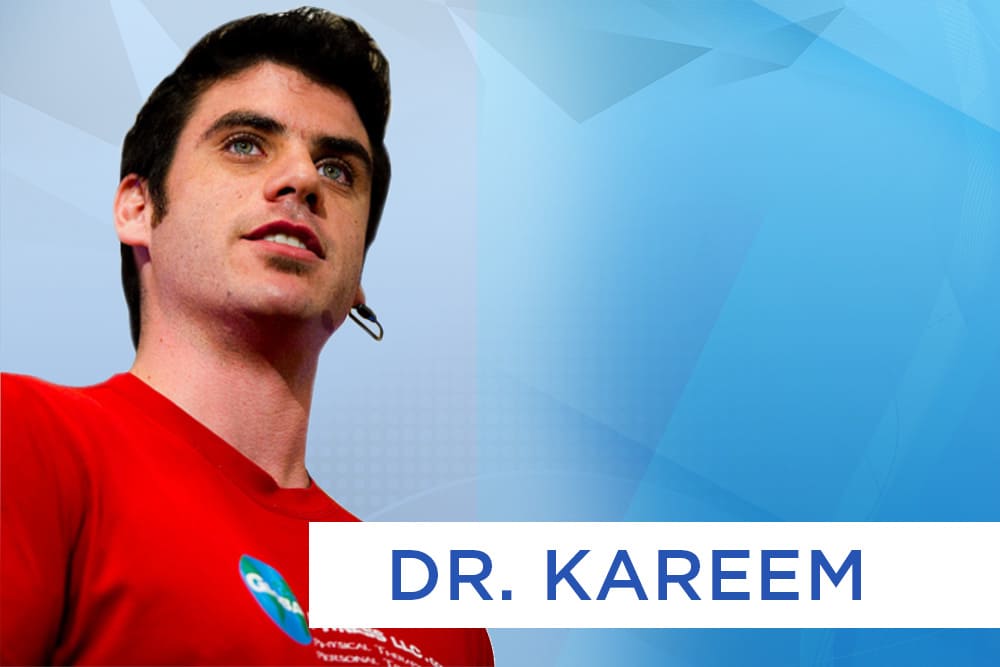How do you best support a loved one when s/he is sick?
What do you think — does it depend upon ‘you’ and your personality or the ‘other’ person and her personality?
Instead of making this emotionally complicated by talking about family illness, what happens if we spin the conversation on its side and discuss hanging out with someone in a really bad mood? Would you feel the same way about spending time with her while she screams at you, projects negative energy, and makes it nearly impossible to feel happy, just because she’s having a bad day?
In this situation, most of us filter our reaction down to two options:
- As a reminder, this can be done by matching the person in volume of gestures and voice, then pacing them slowly until you notice they are following your lead as you quiet your voice, gestures, and posture, and then lead them to a quieter, more relaxed state.
- At a certain point — since we are bound to lose control of ourselves if we stay any longer — it’s sensible to leave the situation. We’ve allowed ourselves to be affected by another person’s bad mood, and we’ve therefore put ourselves at risk by doing so. We are more likely to lose control, get sick, or feel lousy after the initial excitement passes. Most regrettable acts come from this state of mind, so we’re better off leaving now before we risk things getting worse.
Well, there’s a similar dynamic that takes place when someone is ill. Sometimes, our presence decreases the other person’s stress level, improves the vibe, and helps them heal. In other instances, we are an irritant to a person who needs to improve.
And, as such, we need to make a great decision: enhance the mood or leave the situation. And, with any relationship, only a portion of the outcome is under our control. We can change how we feel, and this will likely change the situation, feeling, and recovery process. Or, in some cases, we might get blocked by the other person, no matter what we do. If that happens, we’re better off escaping, for both parties.
So, today, I remind you that more is at play than what we see. How we feel affects another person. Taking personal responsibility for feelings of resentment, anger, frustration, jealousy, pride, or sadness may be the difference in others ‘thriving’ or ‘surviving’ around you. Consider your role in other people’s health, as well as their roles in yours.
We do make an impact on others, simply based upon how we feel. Some people are trained to create energy bubbles that block another person’s negativity; most of us never realized that was possible, so we get affected by osmosis.
A thought exercise for you: if we contagiously affect another person’s emotions by feeling love, and then love bounces off them and onto another person, how long does it take for love to make it back around the world? And how often do you think an angry or frustrated mood blocks love and kills the transmission? What if we stopped blocking and everyone chose love for a day, week, or month?
Sent to you with love, compassion, and gratitude,


About Author
Dr. Kareem Samhouri
Dr. Kareem Samhour is known as (perhaps) the best Doctor of Physical Therapy & Kinesiologist on the internet. People come to him for results when other methods fail, injury gets in the way, or health situation is more complicated. Dr. Kareem Samhouri exercising In fact, he and his companies reach a combined total of 1.5 MILLION people on a daily basis to help them with their health. If you ever saw Dr. Kareem on the street and mentioned something was going on with your health, however, he would volunteer and offer to help you for free... that's the Dr. Kareem way.







